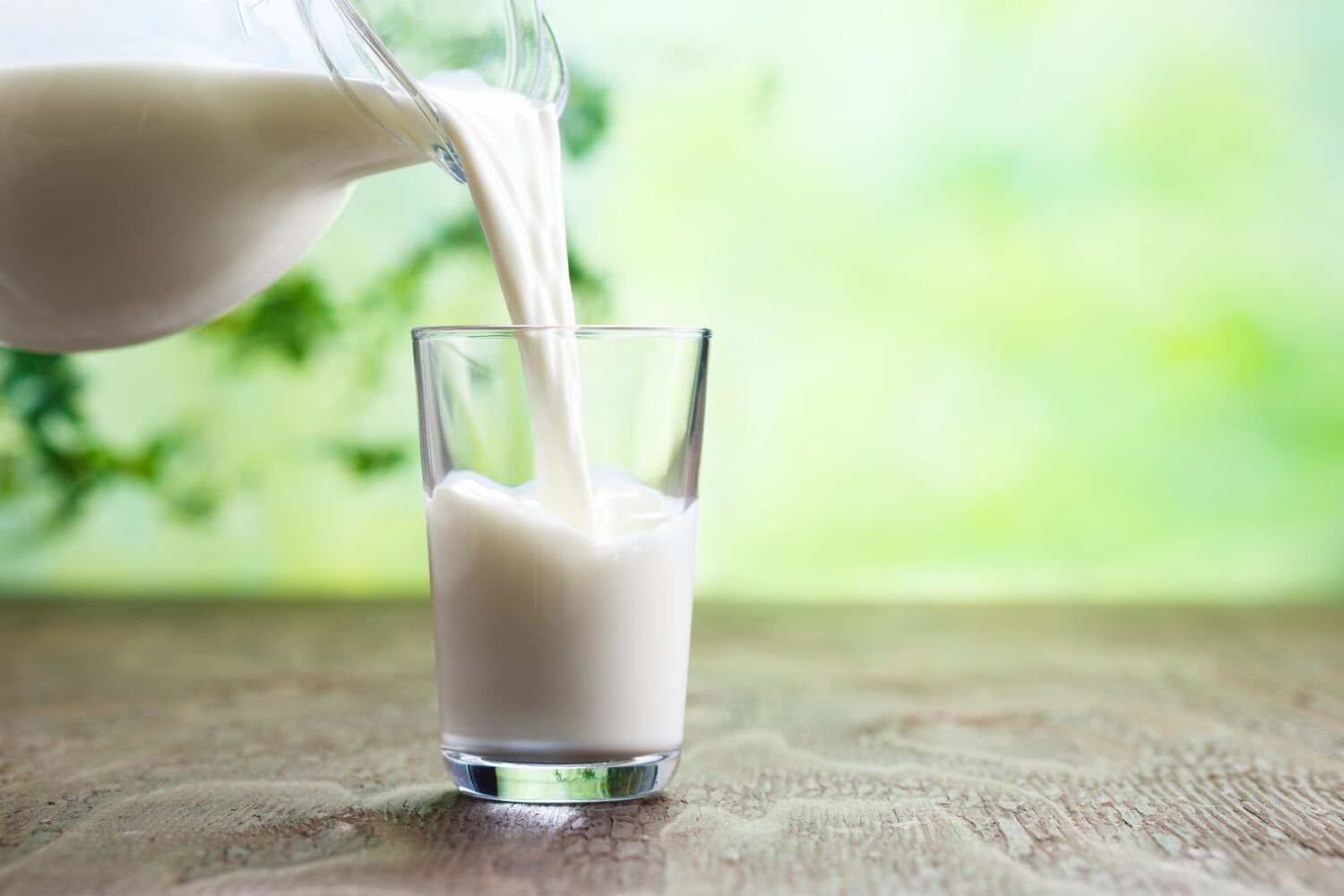
Galactose is a simple sugar, or monosaccharide, that plays a crucial role in our bodies. Found in dairy products, certain fruits, and vegetables, this sugar is essential for energy production and cellular functions. But what makes galactose so special? Galactose is not just a source of energy; it’s also a building block for important biomolecules like glycolipids and glycoproteins. These molecules are vital for cell communication and immune responses. Understanding galactose can help us appreciate how our bodies utilize different sugars and maintain overall health. Ready to dive into some fascinating facts about this unique sugar? Let's get started!
Key Takeaways:
- Galactose, a sugar found in dairy products and certain foods, is crucial for brain development, immune system support, and maintaining healthy skin. It's also involved in energy production and detoxification processes.
- Understanding galactose can help manage lactose intolerance and detect the rare genetic disorder, galactosemia. It's important to make informed dietary choices and seek early diagnosis and treatment when necessary.
What is Galactose?
Galactose is a type of sugar that plays a crucial role in our bodies. It's less well-known than glucose or fructose but equally important. Let's dive into some fascinating facts about this essential sugar.
- Galactose is a monosaccharide, meaning it's a simple sugar.
- It has the same chemical formula as glucose, C6H12O6, but a different structure.
- Galactose is found in dairy products, sugar beets, and certain gums.
- It's a component of lactose, the sugar found in milk.
- When lactose is broken down in the body, it splits into glucose and galactose.
- Galactose can be converted into glucose by the liver.
- It plays a role in the formation of glycolipids and glycoproteins, which are essential for cell membranes.
- Galactose is less sweet than glucose and fructose.
- It can be synthesized by the body from glucose.
- Galactose is involved in the body's energy production processes.
Health Benefits of Galactose
Galactose isn't just a simple sugar; it has several health benefits that make it an important part of our diet.
- It supports brain development in infants.
- Galactose is crucial for the proper functioning of the nervous system.
- It helps in the formation of the myelin sheath, which protects nerve cells.
- Galactose can act as an anti-inflammatory agent.
- It may help in reducing the risk of certain cancers.
- Galactose supports the immune system by aiding in the production of glycoproteins.
- It can improve gut health by promoting the growth of beneficial bacteria.
- Galactose is involved in the body's detoxification processes.
- It helps in maintaining healthy skin by supporting collagen production.
- Galactose can aid in weight management by providing a steady source of energy.
Galactose in Food
Galactose is naturally present in various foods. Knowing where to find it can help you incorporate it into your diet.
- Dairy products like milk, cheese, and yogurt are rich in galactose.
- Legumes such as beans and lentils contain galactose.
- Certain fruits, including apples and cherries, have small amounts of galactose.
- Vegetables like broccoli and Brussels sprouts also contain galactose.
- Sugar beets are a significant source of galactose.
- Some nuts, including almonds and peanuts, have galactose.
- Seaweed is another source of galactose.
- Galactose is present in honey.
- It can be found in certain fermented foods like kefir.
- Galactose is used as a sweetener in some processed foods.
Galactose and Lactose Intolerance
Lactose intolerance affects many people worldwide. Understanding the role of galactose can help manage this condition.
- Lactose intolerance occurs when the body can't break down lactose into glucose and galactose.
- People with lactose intolerance lack the enzyme lactase.
- Symptoms of lactose intolerance include bloating, gas, and diarrhea.
- Lactose-free products are available that contain galactose but not lactose.
- Some people with lactose intolerance can tolerate small amounts of dairy.
- Lactase supplements can help break down lactose into glucose and galactose.
- Fermented dairy products like yogurt are easier to digest for lactose-intolerant individuals.
- Plant-based milk alternatives do not contain lactose or galactose.
- Galactose can be safely consumed by people with lactose intolerance.
- Understanding galactose can help in making informed dietary choices.
Galactosemia: A Genetic Disorder
Galactosemia is a rare genetic disorder that affects the body's ability to process galactose. Here are some key facts about this condition.
- Galactosemia is caused by a deficiency in the enzyme needed to convert galactose into glucose.
- Symptoms of galactosemia include jaundice, vomiting, and liver enlargement.
- It is usually diagnosed in newborns through routine screening.
- Galactosemia can lead to serious complications if not managed properly.
- A strict galactose-free diet is essential for individuals with galactosemia.
- Galactosemia can affect growth and development in children.
- Early diagnosis and treatment can improve outcomes for those with galactosemia.
- Genetic counseling is recommended for families affected by galactosemia.
- Research is ongoing to find better treatments for galactosemia.
- Awareness of galactosemia can help in early detection and management.
The Sweet Truth About Galactose
Galactose, a simple sugar, plays a big role in our bodies. Found in dairy, fruits, and veggies, it’s vital for energy and cellular functions. This sugar is part of lactose, the sugar in milk, and helps form glycolipids and glycoproteins, crucial for cell membranes and communication.
Some people can't properly process galactose due to a condition called galactosemia. This can lead to serious health issues if not managed with a strict diet. On the flip side, galactose has potential health benefits, like supporting brain function and gut health.
Understanding galactose helps us appreciate its importance in our diet and health. Whether you’re a science enthusiast or just curious about what’s in your food, knowing these facts about galactose can be quite enlightening. Stay curious and keep exploring the wonders of nutrition!
Frequently Asked Questions
Was this page helpful?
Our commitment to delivering trustworthy and engaging content is at the heart of what we do. Each fact on our site is contributed by real users like you, bringing a wealth of diverse insights and information. To ensure the highest standards of accuracy and reliability, our dedicated editors meticulously review each submission. This process guarantees that the facts we share are not only fascinating but also credible. Trust in our commitment to quality and authenticity as you explore and learn with us.


